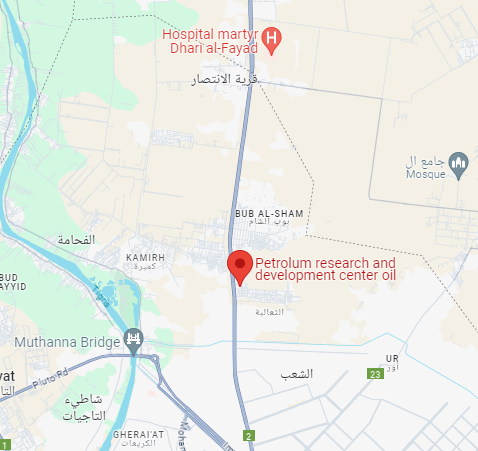Alternative water resources in the fields of southern Iraq
DOI:
https://doi.org/10.52716/jprs.v1i1.21Abstract
Demand of ground water for agriculture, drinking water and industrial purposes is increasing with the increase in population and consequently as a result of that, we should explore and exploit the non-conventional water resources for supporting our conventional one, especially Iraq today suffer from and go through with a factual crisis of water release.
The main objective of the project is exploitation of ground water of Tayarat (upper – cretaceous) formation for industrial proposes in our southern oil fields, so we have been elected "Luhais Field" because the natural water flowing phenomena was clear in the most of the wells in this field where drilled since (1961 – 1990) for oil production from Nahr Umr and Zubair reservoirs.
Few of old available analyses (chemical & physical) of water sample of Luhais-4 & 6 as well as the Luhais Artesian well (30 years old) next to Luhais degassing station is facilitated the physical – chemical sampling and analysis may be a primary evaluation of formation water for different industrial processes.
Ground water of Tayarat formation is distributed over three geological units composed of Limestone, Dolomite, shale and Anhydrite with different ratios. The first one has (25 – 60m) thickness with (25 -30 p.u) secondary porosity, the second unit has (45 – 70m) thickness with (20 – 30 p.u) secondary porosity, whereas third unit recognizes the highest thickness where reaches to (120 – 150m) and secondary porosity (10 - 20 p.u).
The quantity of artesian ground water in the artesian well closed to Luhais degasen station is reached to (594 m3/day) according to the last measure of productivity .
The quality of ground water of this formation is good except high concentration of sulfate and H2S and the other properties need some treatment.
We recommend constructing a complete central water station in the field to use it for different industrial processes.
Downloads
Published
How to Cite
Issue
Section
License
Copyright (c) 2020 Abdulameer T. Shnawa

This work is licensed under a Creative Commons Attribution 4.0 International License.














